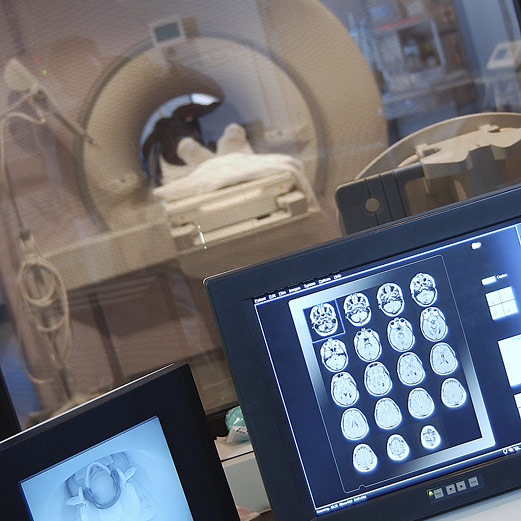
Here are some of the latest health and medical news developments, compiled by the editors of HealthDay:
Woman Uses Smartphone to Record Stroke
A Canadian woman used her smartphone to record her stroke in order to convince doctors that her symptoms weren’t caused by stress.
Stacey Yepes, 49, experienced numbness and slurring of words in April, but tests showed no sign of stroke and doctors told her the symptoms were linked to stress, USA Today reported.
When she recently experienced the same symptoms while driving, she used her smartphone to record a 90-second video, which shows that the left side of her face is droopy and that she can’t perform a simple task such as touching her nose.
Doctors watched the video and diagnosed Yepes with what was believed to be a mini stroke (transient ischemic attack), USA Today reported.
—–
Many Americans Paying Less Than $100 Monthly for Health Coverage: Government Study
Nearly 70 percent of Americans who bought insurance in federally run marketplaces and who receive tax credits are paying premiums of less than $100 a month, according to a federal government study.
The numbers from the Department of Health and Human Services suggest that insurance purchased under the new government program is affordable for many people, CBS News reported.
The agency’s figures don’t include data from the 14 states that operate their own insurance marketplaces.
The main way the federal government helps people afford health insurance is through tax credits based on income. The average credit is $264 a month, and the average monthly premium is $82. The study said the tax credits reduce the average per-person premium by 75 percent, CBS News reported.
Overall, 69 percent of people purchasing coverage with tax credits pay less than $100 a month. Average monthly premiums ranged from a low of $15 per month for Mississippi residents to a high of $127 per month for people in New Jersey.
So far, about 5.4 million people have bought insurance through a federally run marketplace. The percentage of Americans without health insurance is at its lowest since 2008, according to Gallup.
The study found that consumers have an average of five issuers and 47 marketplace plans to choose from, but access for 18 percent of people was limited to one or two issuers, CBS News reported.
Having more issuers could lead to lower premiums, according to the HHS.
“The marketplace represents a new market environment that will evolve over time and there are different theories on how competition will work in this setting,” the study said. “The simplest view of competition suggests that as the number of issuers increase in a market, premium rates should decline.”
Copyright © 2026 HealthDay. All rights reserved.

